During a typical week, a young (well-rested) child is awake for about 91 hours. Of those 91 hours, only about 32 of them are spent at school. In other words, our students spend a whole lot more time at home than they do at school.
I know firsthand that not all families are in a situation where they can extend school learning at home. However, I do know that many families are able and eager to do so. And I believe that we, as teachers, should make tools available for parents to use during those 59 hours a week that are spent at home.
When I talk about “tools,” what I mean is homework. I don’t mean worksheet after worksheet. I don’t mean hours of meaningless assignments. I mean brief, thoughtfully-chosen assignments that allow students to practice skills at home, as well as keep parents informed about what their kids are learning.
As I said previously, I know that it’s not always easy for families to support their children with homework. Language barriers, multiple jobs, negative past experiences with the school system, and many other factors can serve as barriers to parental involvement.
But I also believe that there are certain steps we can take to empower parents to actively participate in their children’s education. Here are 5 ways to set our students’ families up for success when it comes to homework:

- Educate parents / family members. Even the most educated parents don’t know what goes on in your classroom each day! Similarly, parents may be uncertain about how to help with homework. A great time to educate parents about this topic is Back to School night. I find it much easier to teach parents about homework expectations when they are physically in front of me. During my presentations in the past, I have included brief video clips and/or photos showing how I give assistance to a child reading a book or completing an assignment. The parents told me that being able to see what I say and do was very helpful in guiding their own behavior when working with their children. If you’d like to provide your parents with a homework tip sheet, click here for a version in English and Spanish (this printable is from my Leveled Literacy Homework Series for Kindergarten, but it is appropriate for most elementary grades).
- Set clear and consistent expectations for homework completion. I find that students are more likely to complete their homework when I stick to a consistent routine. Every Monday, I sent home a newsletter and homework packet, and the homework was due on Friday (I emphasized the importance of not doing everything on Thursday night!). My students’ families knew what to expect, and they were also provided with flexibility in case they were exceptionally busy one evening. I know that nightly homework does work well for some teachers, but the weekly packet is just what worked for me. I have also heard from coworkers that using brightly colored paper (the same color each time) as a cover sheet for homework assignments. Whatever you choose to do, inform parents beforehand, and stick to your routine.
- Survey families about their routines and needs. Knowledge is power! Understanding your students’ family and home situations can help you select appropriate homework assignments. I like to send home a survey at the beginning of the year asking about my students’ past experiences with homework (was it negative or positive?), what supplies students have at home, if they have Internet access, etc. To download a free survey (from my Kindergarten literacy homework packs), please click here.
- Encourage feedback from parents about the homework you assign. No matter how much I think I know about what happens at home…I really don’t know very much at all. I want to make sure that I’m assigning appropriate tasks for my students, and that homework isn’t always a huge battle. To get feedback from your students’ families, you can send home this free survey every couple of months to see how things are going.
- Facilitate open communication about homework. There are so many different ways to communicate with parents these days! For example – you can use the free Remind service to (anonymously) send reminder texts to parents. Or, if you prefer low-tech communication, I remember that my younger brother’s 1st grade teacher used “Communication Notebooks.” Each child was given a small notebook for the year, and parents wrote notes back and forth to the teacher in it (as needed). My mom loved this, and I think it made her feel more comfortable communicating with his teacher.
At the end of the day, I consider homework an opportunity – not a necessity or something that I punish students for failing to complete. I have always taught the primary grades, and I know that it’s not always my students’ fault when homework is not completed. Ultimately, I can control only what happens in my classroom.
What is your philosophy about assigning homework to your students? Have you found any tricks that worked well for you? Please share your ideas in a comment below!
If you teach Kindergarten or first grade and need some engaging literacy homework activities for your students, check out my latest series below. The packs include a combination of family games, take-home books, and no-prep printables. The books and games come with clear parent instructions and links to optional videos that parents can view!






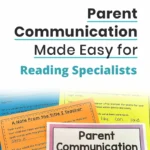






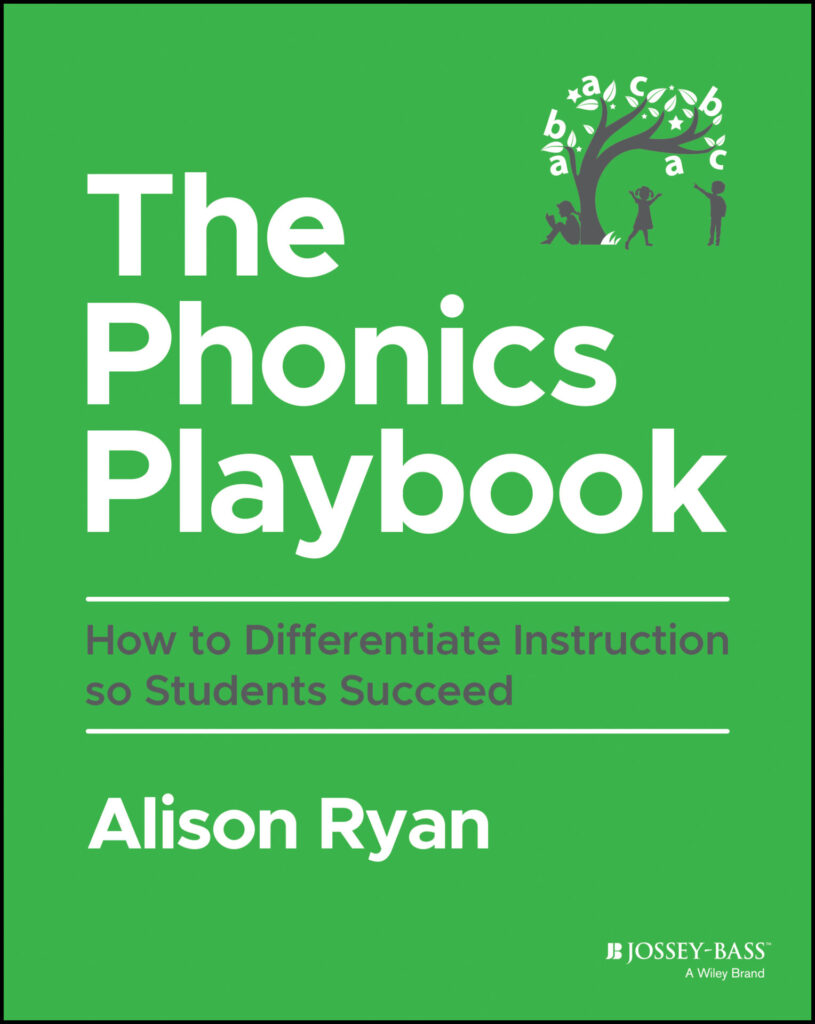
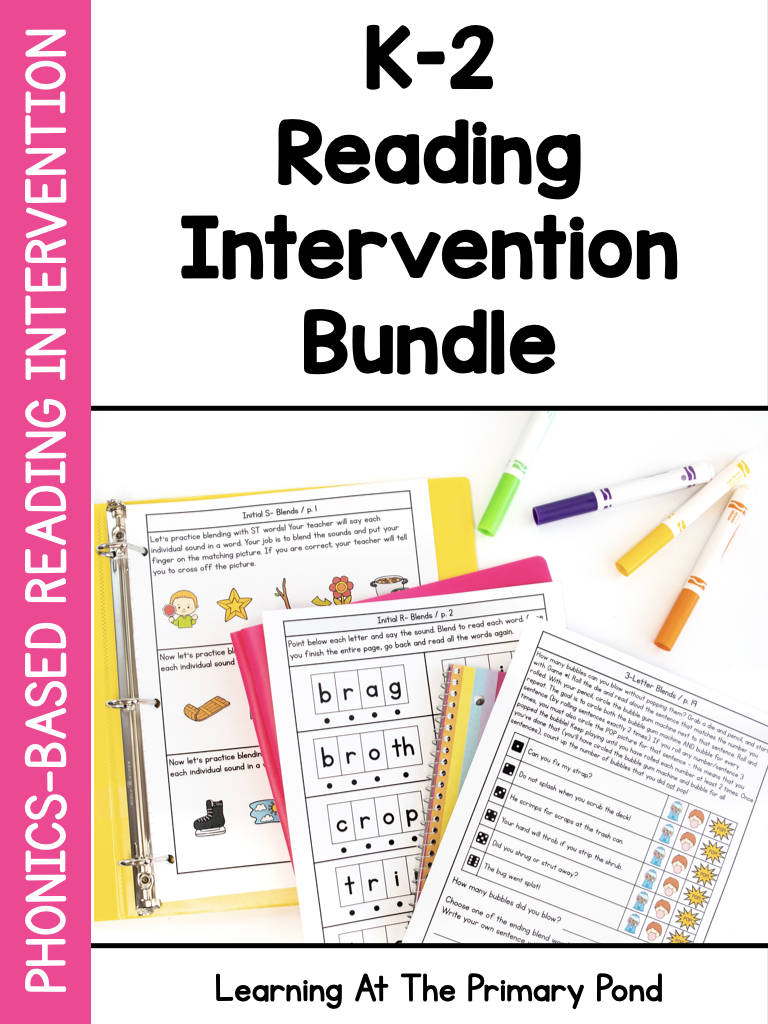
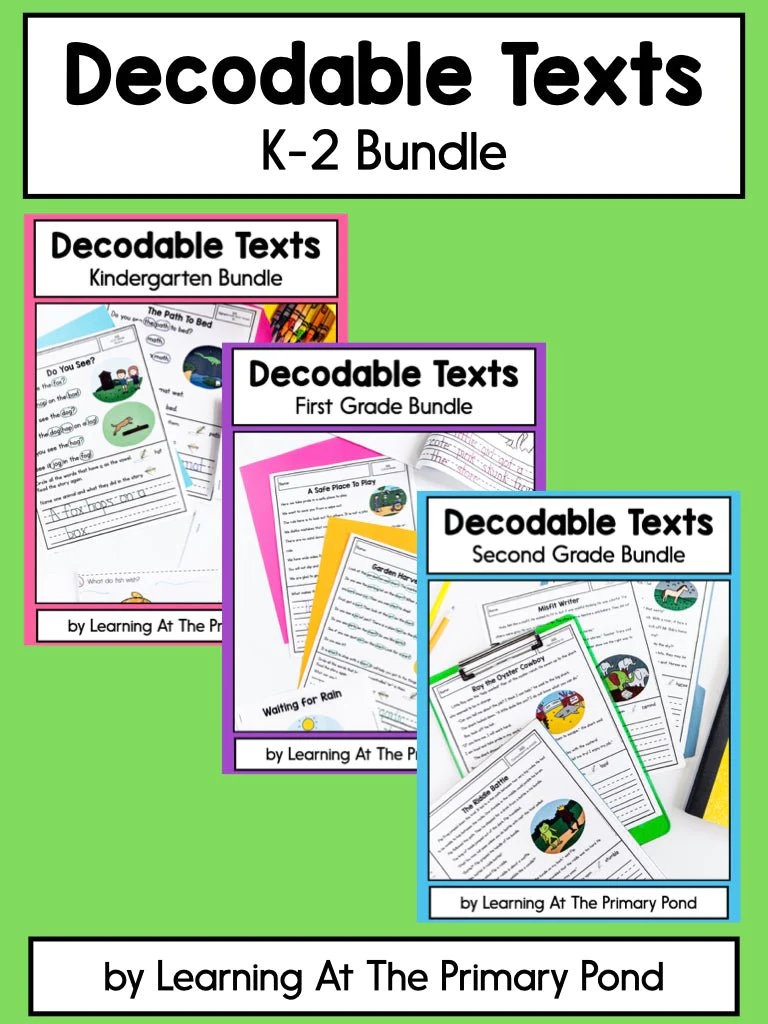

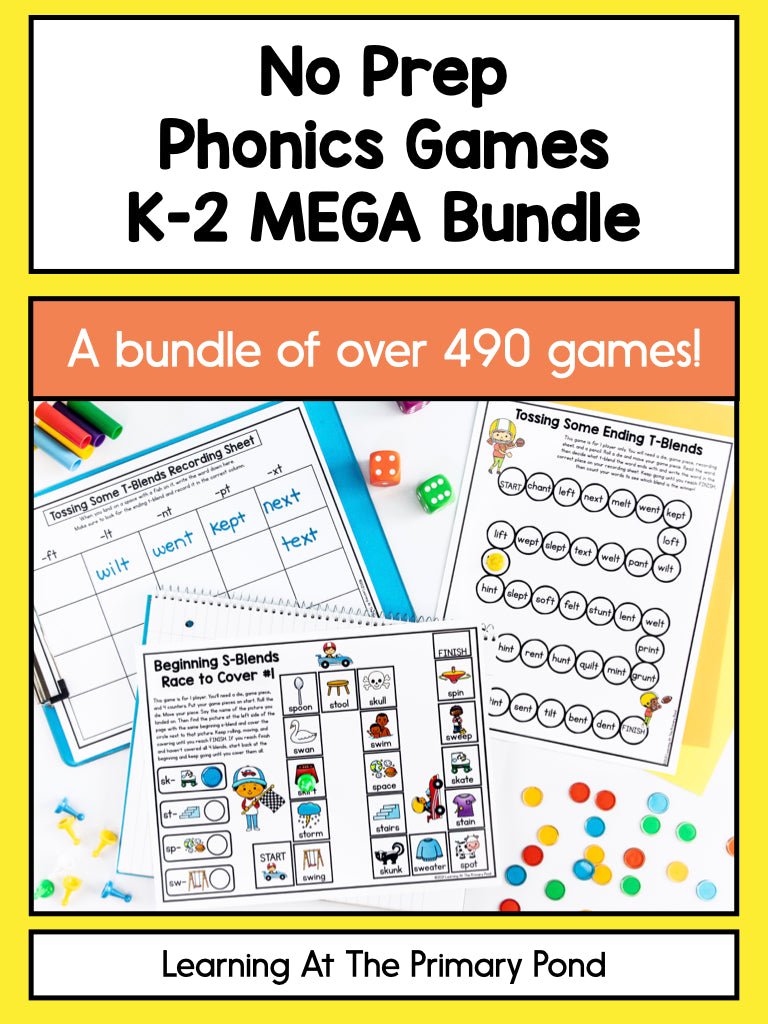
May I just say that I appreciate that the letter to parents are in Spanish! I am a bilingual teacher and these resources are amazing! Thank you!
You’re so welcome! So glad they are helpful for you! 🙂
Alison
These are all great resources and ideas! Thank you!
So glad they’re helpful, Jamie!! Thanks for reading! 🙂
Alison